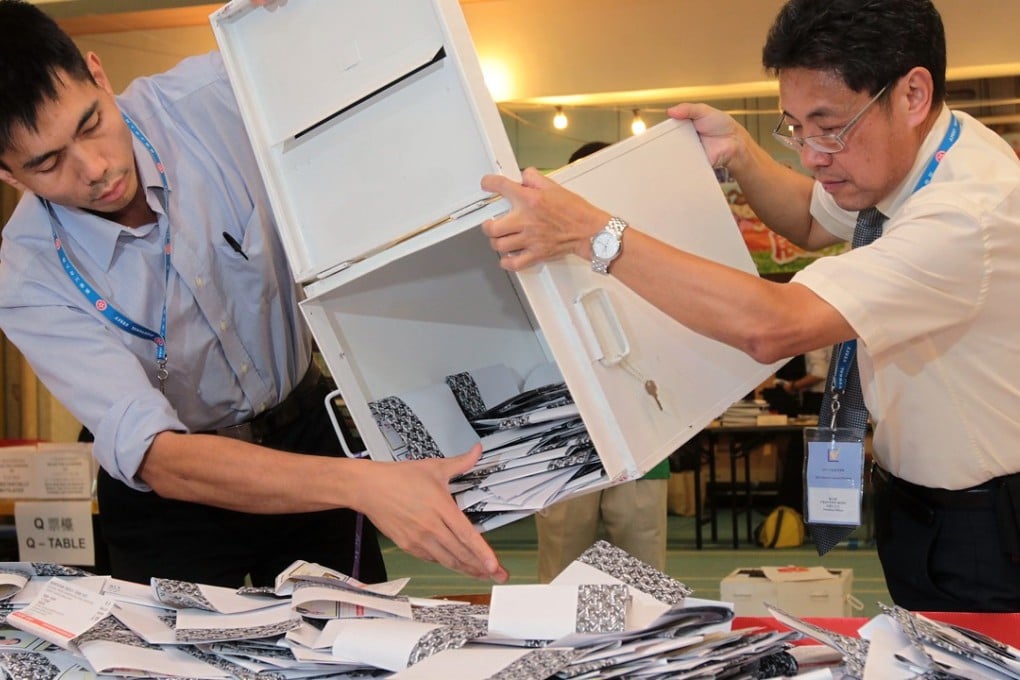Election chiefs bring in 21 new Hong Kong district council seats, sparking gerrymandering concerns
Commission adds 21 new seats and changes boundaries of others, in tweaks which displease pro-democracy councillors

There will be 21 new seats up for grabs in Hong Kong district council elections next year after the map was redrawn to take into account population growth, in a way one councillor said smacked of gerrymandering.
While the newly created seats announced by the Electoral Affairs Commission on Monday were mostly on new public housing estates – such as Shui Chuen O Estate in Sha Tin and Hung Fuk Estate in Yuen Long – the boundaries of 128 constituencies would also be redrawn under its proposals.
But a number of pro-democracy district councillors said the borders of their constituencies would be altered “unreasonably”, and that it might affect their odds should they seek another term.
Among the 37 pro-democracy councillors affected were Clarisse Yeung Suet-ying and Kwong Po-yin – dubbed the “umbrella soldiers”, having won their seats in the aftermath of 2014’s pro-democracy Occupy protests – as well as Democratic Party lawmaker Roy Kwong Chun-yu.
Factors with political implications would definitely not be taken into consideration
According to the provisional recommendations, 21 extra seats would be created in 10 districts, including Yuen Long, Kwun Tong and Sha Tin, raising the number of seats to 452 in total.